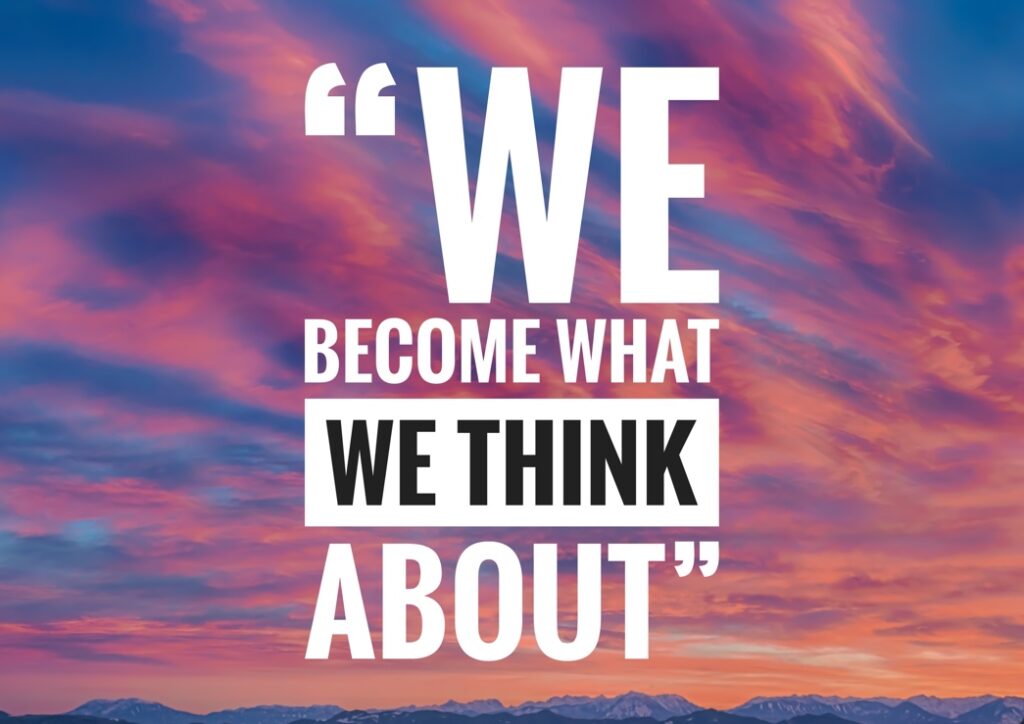Puzzles support brain health as we age. They are a simple, enjoyable way to keep your mind engaged, sharp, and healthy as you age. From crossword puzzles and Sudoku to jigsaw puzzles and logic games, these activities offer more than just entertainment. They serve as a workout for our brains because they boost memory, concentration, and emotional well-being.
Numerous studies have shown that engaging in these activities regularly can help prevent cognitive decline and even reduce the risk of conditions like dementia and Alzheimer’s.
Why Puzzles Matter for Brain Health
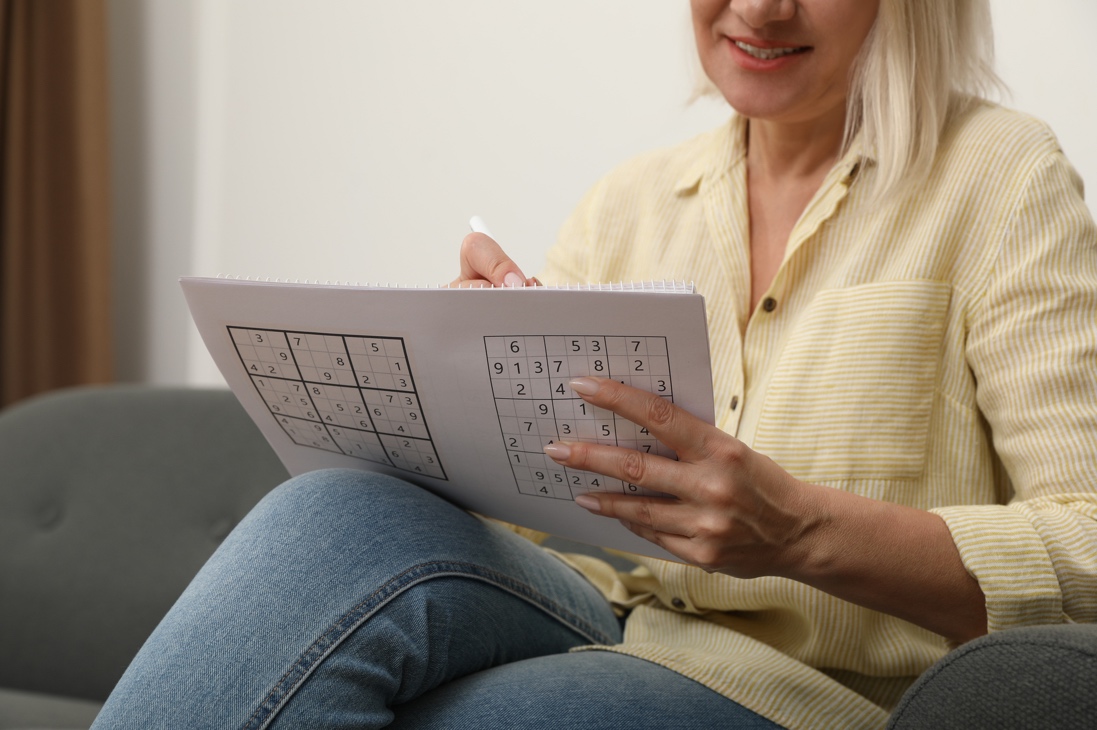
Cognitive decline is a natural part of aging, with many adults experiencing some level of memory and processing speed decrease over time. However, just as regular exercise strengthens our bodies, mental challenges like puzzles help keep the brain active and engaged, creating new neural connections that help preserve cognitive function. When you challenge your mind with puzzles, you’re encouraging mental resilience, which is vital for preventing or delaying conditions like dementia and Alzheimer’s.
Benefits of Puzzles for Cognitive Health
Memory Improvement
Puzzles like crosswords, word searches, and memory games boost recall by helping you retrieve and apply words, sequences, and patterns. This repetition strengthens neural connections, keeping your mind sharp. Regularly challenging your memory with puzzles can also delay or reduce memory decline over time.
Enhanced Problem-Solving Skills
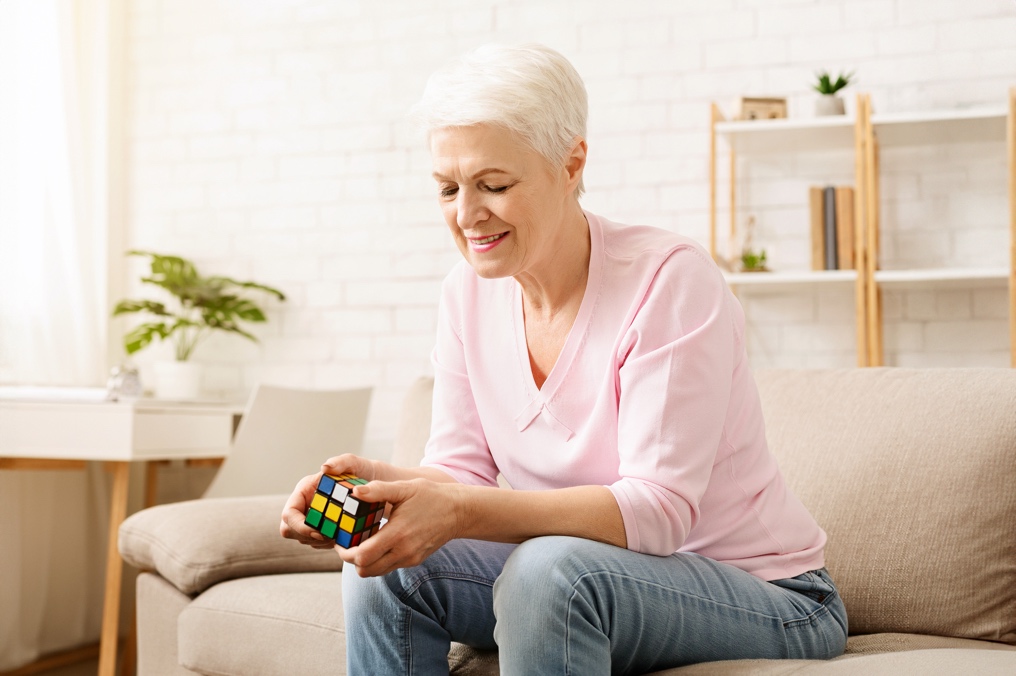
Puzzles encourage creative thinking, adaptability, and persistence. Whether working out a challenging Sudoku or figuring out a tricky logic puzzle, you’re practicing flexible thinking, which is essential for tackling everyday challenges with a fresh perspective. This mental training helps build resilience and improves how you approach problems.
Attention to Detail
With puzzles like jigsaws, you’re asked to pay close attention to small details, such as color, shape, and pattern, to piece the puzzle together accurately. This trains focus, making you more attuned to subtleties in your surroundings and tasks. Building this skill through puzzles can help lead to a sharper mind and better focus in daily activities.
Visual-Spatial Reasoning
Spatial awareness is the brain’s ability to understand and remember the positions of objects in relation to each other. Activities like jigsaw puzzles help build visual-spatial reasoning skills by forcing the brain to examine how pieces fit together. This skill is beneficial for everyday tasks like driving, reading maps, and recognizing faces, which decline as we age. Puzzles stimulate parts of the brain responsible for these functions.
Improved Concentration and Patience
Many puzzles require sustained focus and patience. Completing a puzzle, especially a challenging one, takes time and concentration. This process of focusing on a single task can help reduce stress by providing a break from the constant stimulation of modern life. It also fosters patience, because you learn to persist and not give up when faced with a difficult puzzle. This can have a calming effect, creating a sense of mental clarity.
Dopamine Boost
Every little success in solving a puzzle triggers dopamine release in the brain, enhancing mood, memory, and motivation. This neurotransmitter is responsible for rewarding us and keeps us engaged. Regular dopamine boosts through puzzles help combat frustration or stagnation, which brings a sense of satisfaction and positivity.
Social Interaction
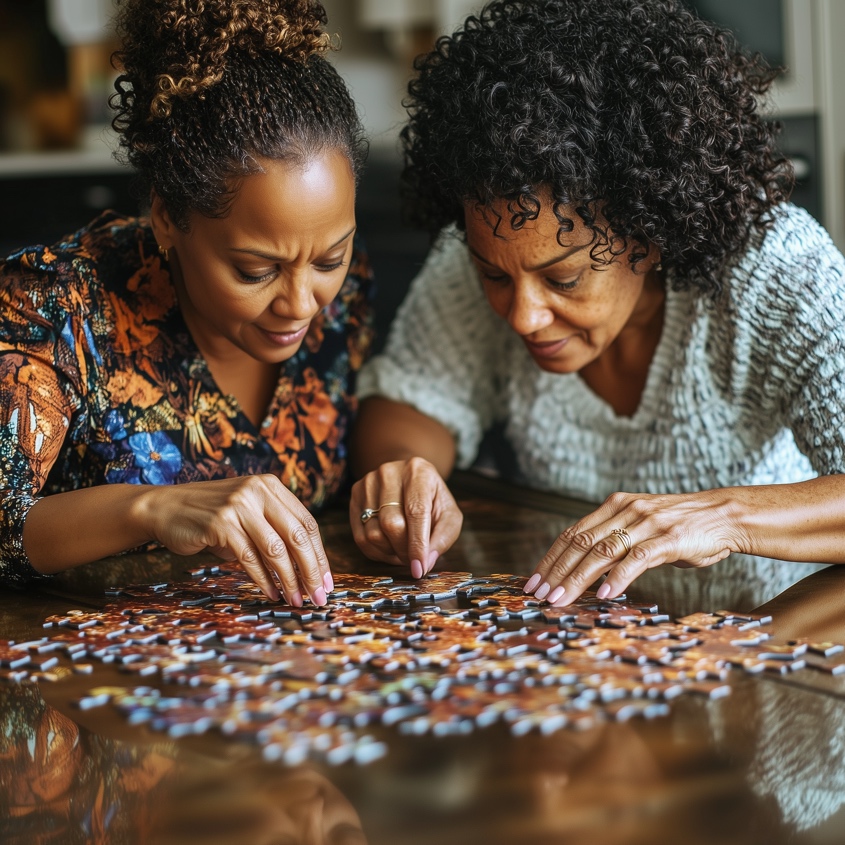
Puzzles can be both solo and social activities. Multiplayer games, team-based puzzles, or simply completing a jigsaw with family encourage social engagement, which is crucial for mental health. Social connections, especially when shared over a challenging or fun activity, have been shown to reduce loneliness and even lower the risk of cognitive decline.
Types of Puzzles and Their Specific Benefits
Crossword Puzzles
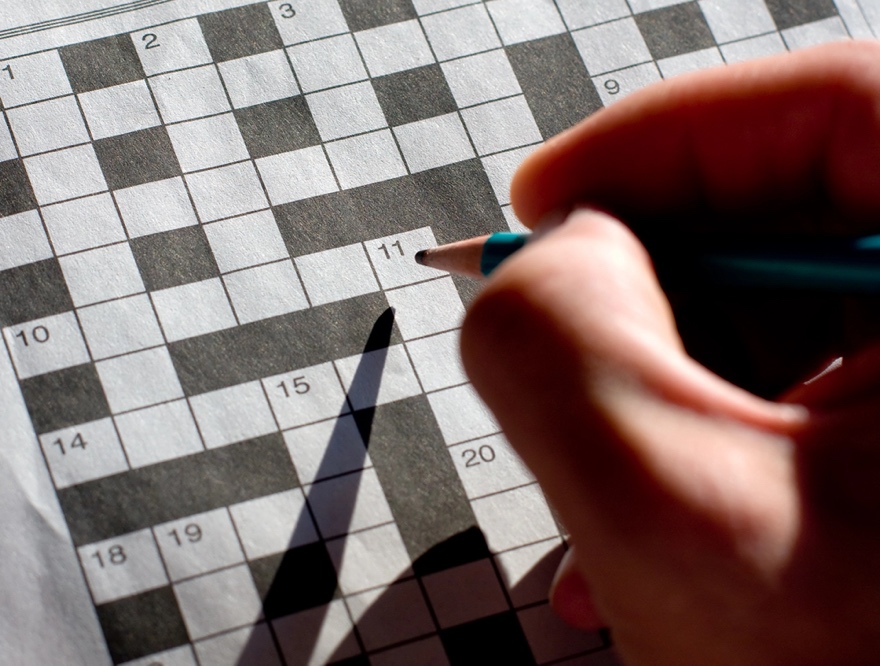
These are excellent for improving vocabulary and memory. Crossword puzzles challenge you to think of synonyms and definitions, enhancing linguistic skills. Studies suggest that regular crossword puzzle players have a reduced risk of memory decline.
Sudoku
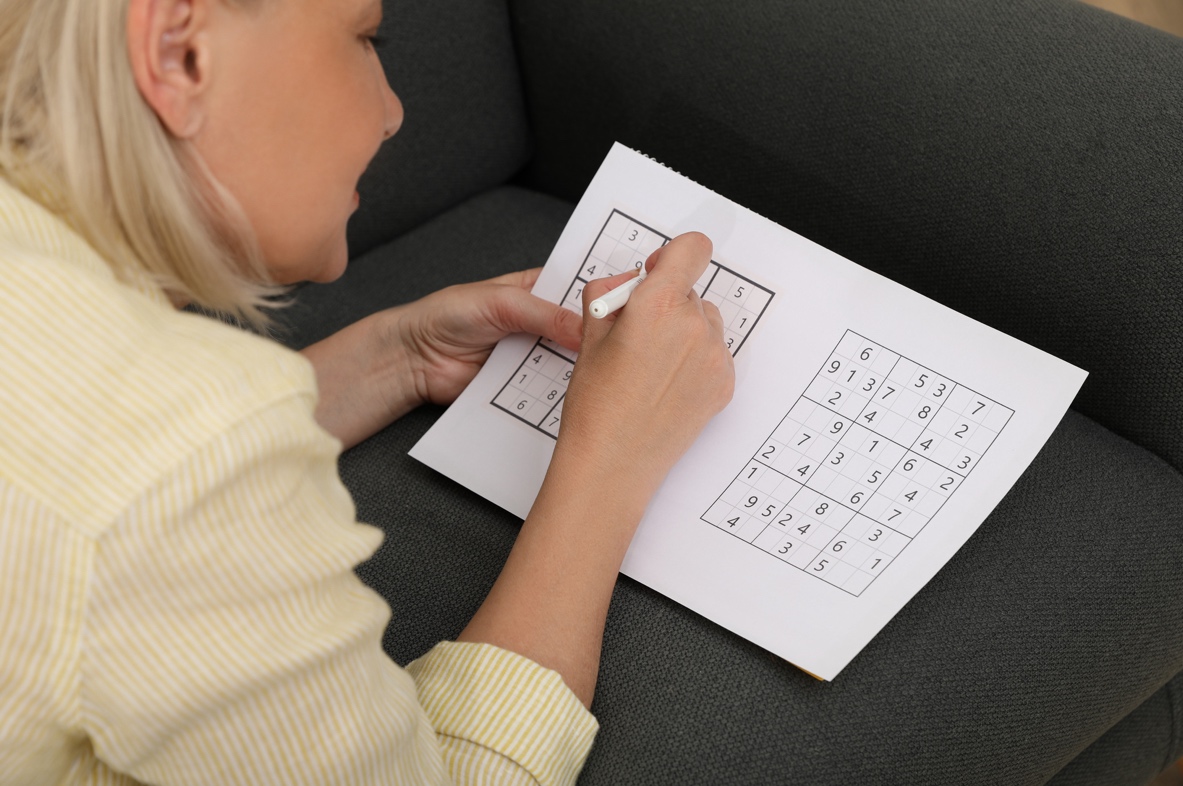
The numbers-based game Sudoku sharpens logical reasoning and pattern recognition. It’s particularly effective at improving short-term memory and mental math skills, giving your brain a workout that can keep it sharp for daily tasks.
Jigsaw Puzzles
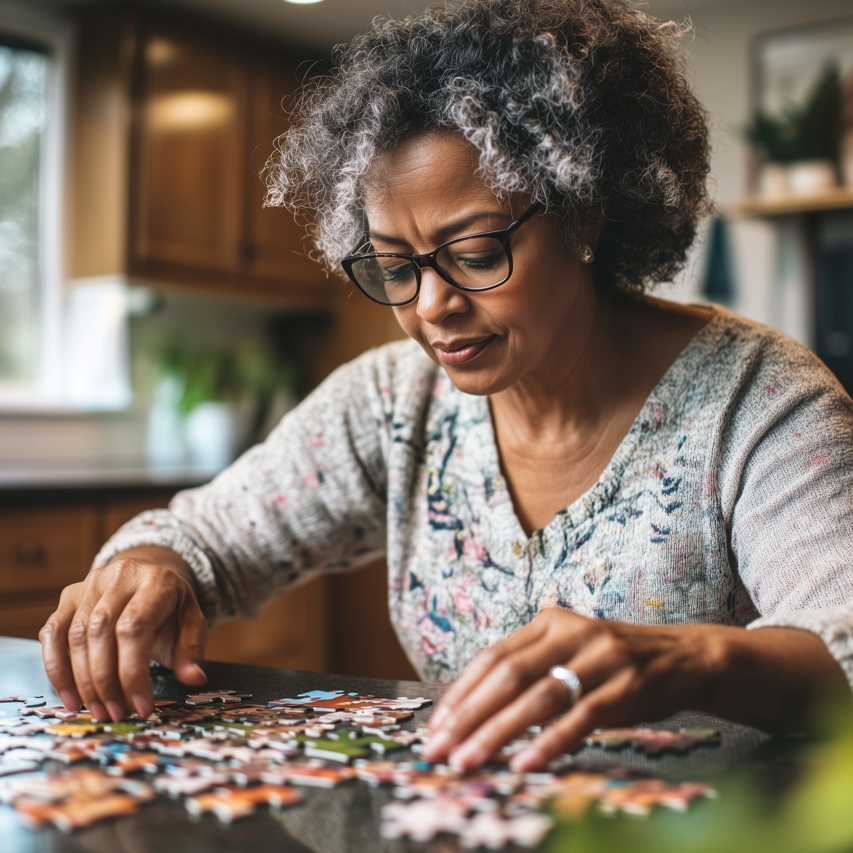
Jigsaw puzzles benefit visual-spatial reasoning and concentration. By sorting and placing pieces based on colors and shapes, you train your brain to recognize patterns. Completing a jigsaw puzzle provides a satisfying sense of accomplishment, boosting your confidence and motivation. It can also be a calming, meditative activity, providing a sense of peace and tranquility.
Logic Puzzles
These puzzles, including riddles, require deductive reasoning. They force you to think critically, boosting analytical skills and mental flexibility. Logic puzzles also keep your problem-solving abilities in top shape, which helps you manage real-life challenges.
Memory Games
Card games like Memory, where you flip cards and try to match pairs or even certain mobile memory games, directly target memory retention and recall. These games help improve short-term memory, which can decline over time.
Tips for Incorporating Puzzles into Your Routine

Starting a routine with puzzles is easy. Try setting aside 10–15 minutes daily to engage in a puzzle of your choice. You could enjoy a crossword with your morning coffee, work on a jigsaw puzzle during lunch, or relax with Sudoku in the evening. For extra motivation, join a local or online puzzle club where you can meet people with similar interests, adding a social element to your brain-boosting activity.
By making puzzles a regular part of your life, you’re investing in your long-term brain health and setting yourself up for a future of clearer thinking and sharper memory.





